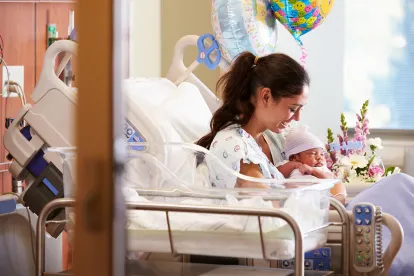On Jan. 24, 2020, the U.S. Department of State (DOS) posted a final rule, effective immediately, imposing new restrictions on individuals applying for B nonimmigrant visas at U.S. consular posts outside of the United States. A B nonimmigrant visa is used by individuals traveling to the United States for business (B-1 visa) or pleasure (B-2 visa).
Under DOS regulations, the term “pleasure” has long been defined to include legitimate activities of a recreational character, including tourism, amusement, visits with friends or relatives, rest, medical treatment and activities of a fraternal, social or services nature. The new rule now explicitly excludes travel under the B visa category for those applicants traveling to the United States with the primary purpose of obtaining U.S. citizenship for a child by giving birth in the United States, also referred to by the DOS as “birth tourism.”
The DOS claims that reporting from U.S. embassies and consulates across the globe have documented an increasing number of B visa applicants who have stated that giving birth in the United States was their primary purpose of travel. Under U.S. immigration law, a child born in the United States is a U.S. citizen at birth, regardless of the immigration status of the child’s parents.
The new rule also establishes that an applicant is presumed to be seeking a B visitor visa for the primary purpose of obtaining U.S. citizenship for the child if the consular officer has reason to believe that the applicant is planning to give birth in the United States. The burden is on the applicant to rebut this presumption when applying for the B visa.
Travel under the B visa for medical treatment will continue to be permitted, but the visa application will be denied if the applicant cannot establish a legitimate reason for traveling to the United States for medical treatment. To make such determination, the consular officer will inquire whether a medical practitioner or facility has agreed to provide treatment and whether the applicant has reasonably estimated the duration of the visa and has the means to pay for the medical treatment and all incidental expenses.
Despite these changes in the visa application process at all U.S. consulates and embassies outside of the United States, the DOS has indicated that the new rule will not impact those individuals entering the United States under the Visa Waiver Program. However, it’s not yet known how the new rule may impact those individuals who already possess a B visa in their passports but have yet to apply for admission into the United States.



 />i
/>i

